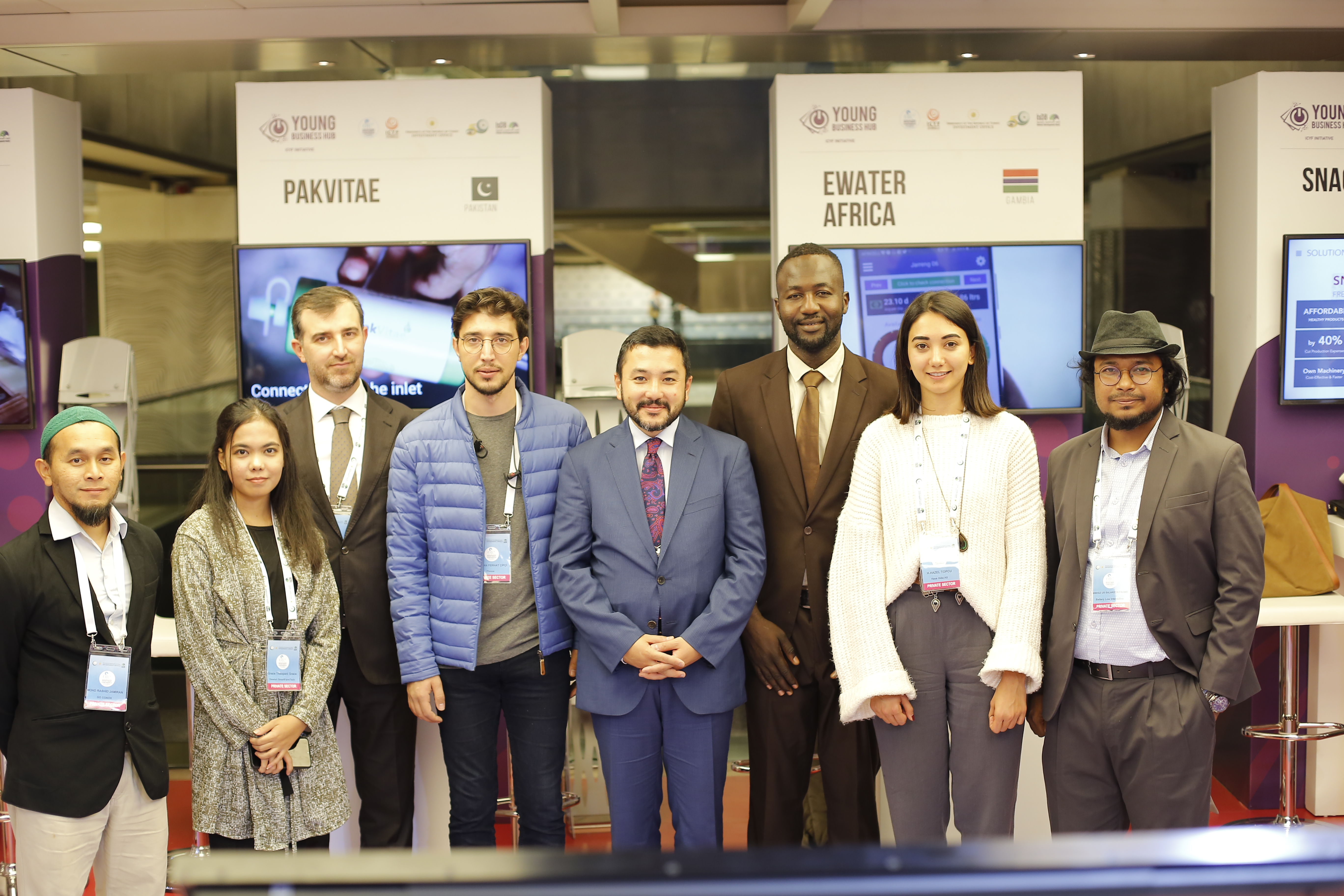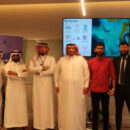Always deliver more than expected

Larry Page played the flute and studied music composition while growing up. This was especially pivotal in his career.
Larry Page has mentioned that his musical education inspired his impatience and obsession with speed in computing. “In some sense, I feel like music training led to the high-speed legacy of Google for me”. In an interview Page said that “In music, you’re very cognizant of time. Time is like the primary thing” and that “If you think about it from a music point of view, if you’re a percussionist, you hit something, it’s got to happen in milliseconds, fractions of a second”.
While he was earning his Computer Engineering degree in the University of Michigan, he created an inkjet printer made of Lego bricks (literally a line plotter), after he thought it possible to print large posters cheaply with the use of inkjet cartridges— Page reverse-engineered the ink cartridge, and built all of the electronics and mechanics to drive it.
His scientific paper, titled “The Anatomy of a Large Scale Hypertextual Web Search Engine” was loosely based on the premise of citation. After all, what is a link but a citation? If he could devise a method to count and qualify each backlink on the Web, as Page puts it “the Web would become a more valuable place.
This document, which he developed with Sergey Brin, his Google Co-Founder became one of the most downloaded scientific documents at that time. BackRub, which is another fond name for their thesis in effect became the rudimentary search engine or a querying tool that provided backlinks based on importance.
Trying to solicit funds for what was to become Google Inc., the founders bootstrapped (called on friends and family members to support their cause), and Sun Microsystems co-founder Andy Bechtolsheim wrote a $100,000 check to “Google, Inc.” The only problem was, “Google, Inc.” did not yet exist—the company hadn’t yet been incorporated.
 For two weeks, as they handled the paperwork, the young men had nowhere to deposit the money.
For two weeks, as they handled the paperwork, the young men had nowhere to deposit the money.
Larry Page’s management style at first became very controversial especially as he wanted only engineers to manage engineering teams because he believed that non-engineers didn’t have enough technical know-how.
Eventually, the practice of only instating engineers into the management roles of engineering teams was established as a standard across Silicon Valley.
The wise man who gave us Google (everyone’s new best friend), has some words of wisdom to share to his employees, but it is also something that most of us can adapt.
- Don’t delegate: Do everything you can yourself to make things go faster.
- Don’t get in the way if you’re not adding value. Let the people actually doing the work talk to each other while you go do something else.
- Don’t be a bureaucrat.
- Ideas are more important than age. Just because someone is junior doesn’t mean they don’t deserve respect and cooperation.
- The worst thing you can do is stop someone from doing something by saying, “No. Period.” If you say no, you have to help them find a better way to get it done.













